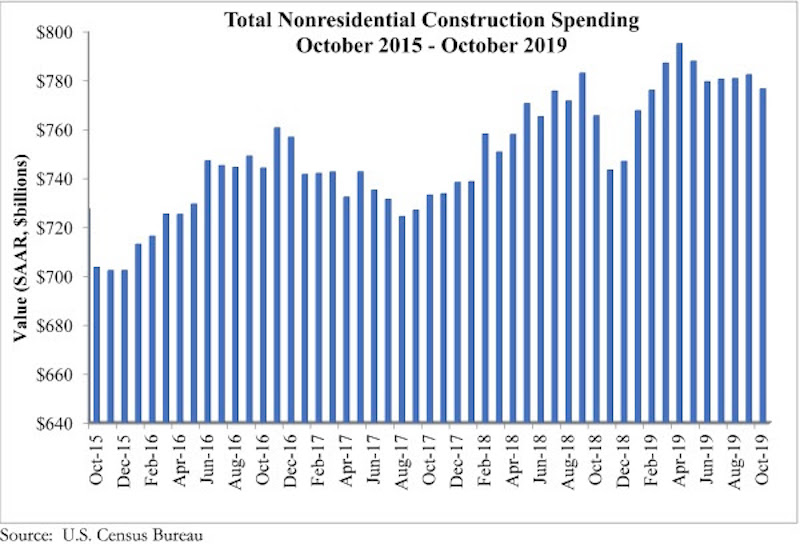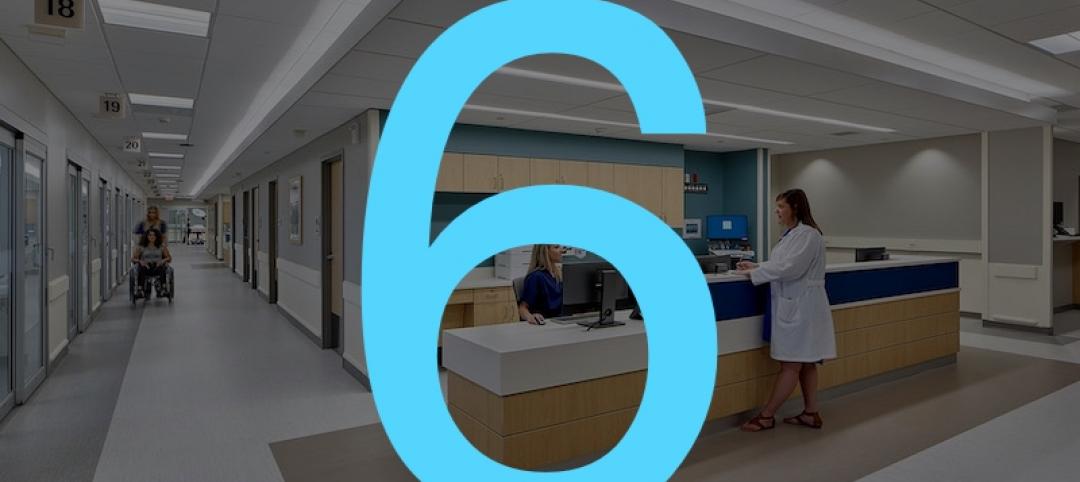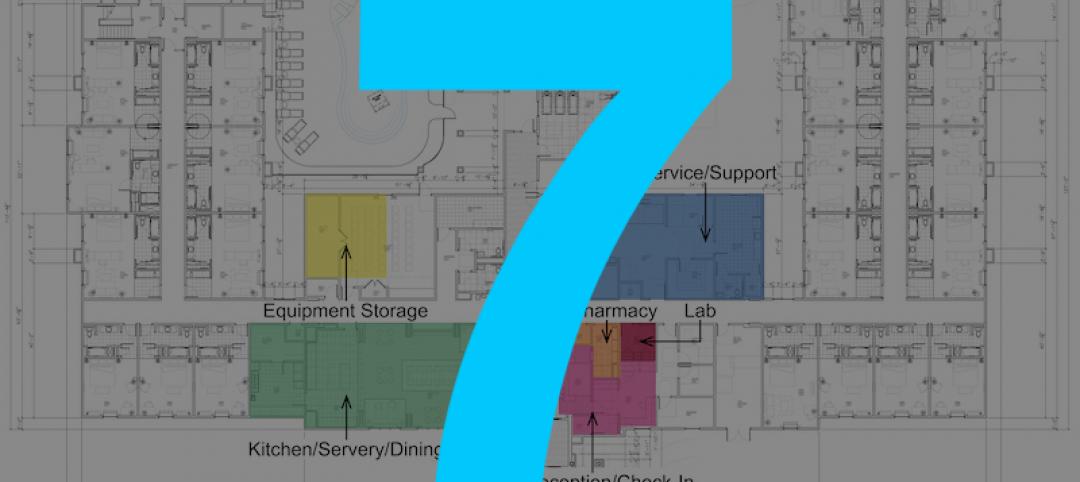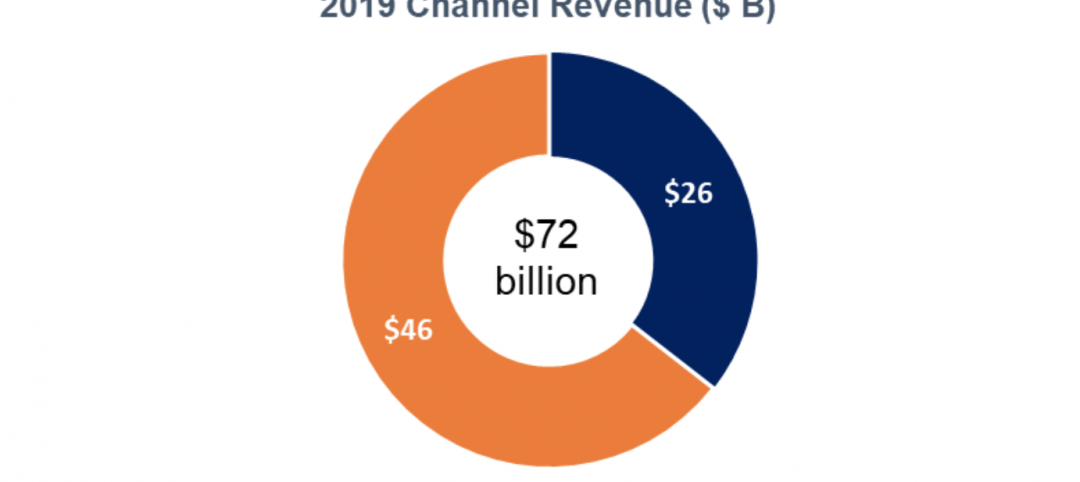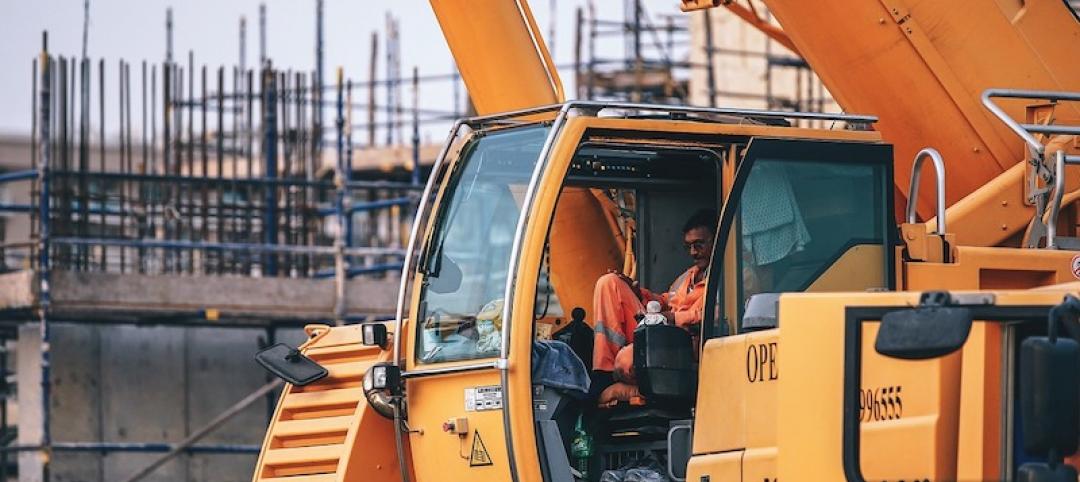National nonresidential construction spending fell 0.7% in October but is up 1.4% compared to the same time last year, according to an Associated Builders and Contractors analysis of data published today by the U.S. Census Bureau. On a seasonally adjusted annualized basis, spending totaled $776.5 billion, 2.3% lower than the cyclical peak attained in April 2019.
Private nonresidential spending fell 1.2% on a monthly basis and is down 4.3% from October 2018. Public nonresidential construction spending also declined on a monthly basis, falling 0.1%. On an annual basis, however, public nonresidential spending is up 10.4%.
“At this point, economic indicators are providing mixed signals about the U.S. construction industry’s trajectory,” said ABC Chief Economist Anirban Basu. “Today’s release suggests that the industry’s spending cycle is winding toward a close and has been for about six months. Yet, according to the October employment data or ABC’s Construction Backlog Indicator, the story is very different. Those data tell the tale of an industry still wrestling with enormous levels of work and ongoing labor shortages.
“Moreover, though overall nonresidential construction spending is a bit lower than it was six months ago, there are still segments that are performing well,” said Basu. “A number of public construction segments experienced solid growth on monthly and annual bases, including public safety, conservation/development (e.g. flood control), educational and water supply. With state and local government budgets still generally healthy, spending on public works will conceivably remain elevated for the foreseeable future.
“The primary source of weakness has been private construction,” said Basu. “This is consistent with recent readings of ABC’s Construction Confidence Index and a number of other leading indicators. Among the segments softening the fastest are the manufacturing and commercial segments, which are both down on monthly and year-ago bases. Commercial construction is down more than 16% over the past year, which coincides with the fact that 2019 will set a record for store closings in the U.S. as e-commerce continues to gobble up market share. Lodging and office-related construction has also slowed of late, likely because developers have already exhausted many of the best investment opportunities.”
Related Stories
Market Data | Apr 10, 2020
5 must reads for the AEC industry today: April 10, 2020
Designing for the next generation of student life and a mass timber Ramada Hotel rises in British Columbia.
Market Data | Apr 9, 2020
7 must reads for the AEC industry today: April 9, 2020
Urine could be the key to building in outer space and how to turn a high school into a patient care center in just over two weeks.
Market Data | Apr 8, 2020
6 must reads for the AEC industry today: April 8, 2020
Stantec discusses how hospitals can adapt buildings to address worst-case scenarios and FXCollaborative Architects tells us why cities will survive the pandemic.
Market Data | Apr 7, 2020
7 must reads for the AEC industry today: April 7, 2020
Leo A Daly's Hotel2Hospital prototype takes shape, while the number of delayed projects reaches 2,550 in the U.S. amid coronavirus pandemic.
Market Data | Apr 3, 2020
COVID-19 cuts nonresidential construction employment in March
The construction unemployment rate was 6.9% in March, up 1.7 percentage points from the same time one year ago.
Market Data | Apr 1, 2020
February’s construction spending decline indicates what’s to come
Private nonresidential spending declined 2% on a monthly basis and is down 0.7% compared to February 2019.
Market Data | Mar 26, 2020
Architects taking action to support COVID-19 response
New AIA task force will offer insights for adapting buildings into healthcare facilities.
Market Data | Mar 26, 2020
Senate coronavirus relief bill's tax and lending provisions will help construction firms, but industry needs additional measures
Construction officials say measure will help firms cope with immediate cash flow crunch, but industry needs compensation for losses.
Market Data | Mar 25, 2020
Engineering and construction materials prices fall for first time in 40 months on coronavirus impacts, IHS Markit says
Survey respondents reported falling prices for five out of the 12 components within the materials and equipment sub-index.


